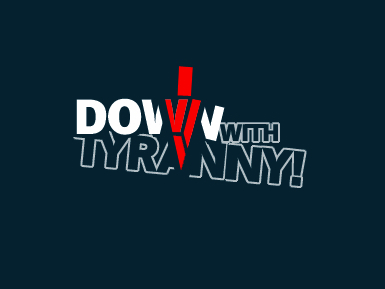British Trains Are Broken, but Not Because of Capitalism
Britain’s history shows that private companies can and have run railways successfully. The partial privatization seen since 1995 could undoubtedly be improved upon, especially by allowing businesses to own the tracks and have greater freedom in setting prices.


